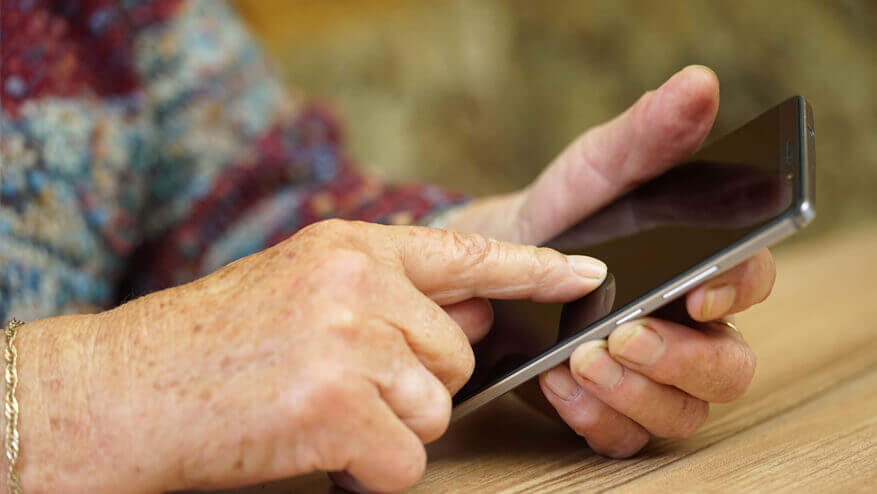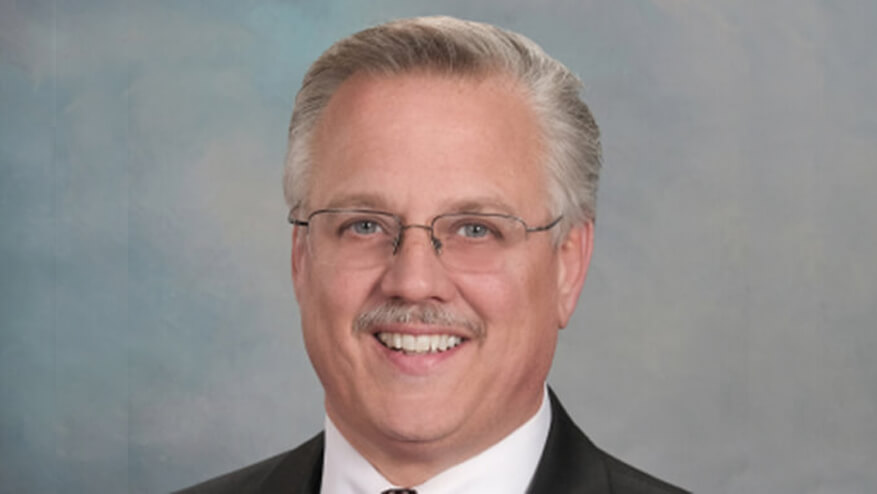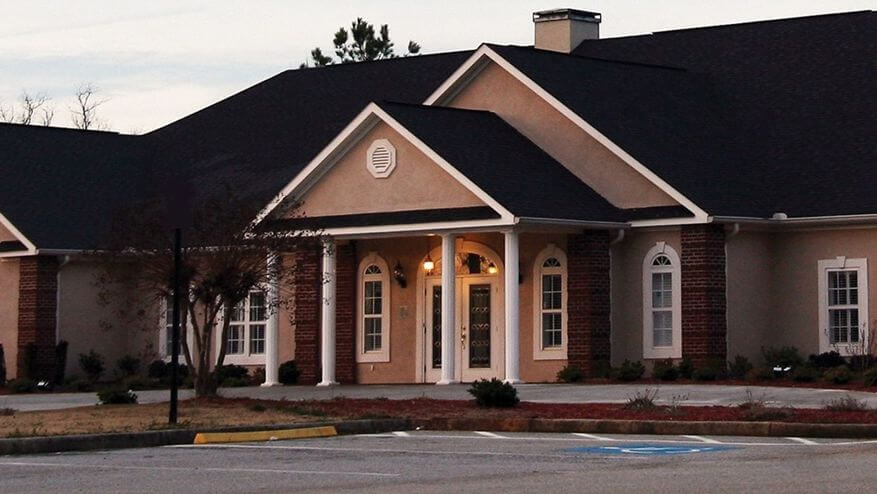A Loved One Has Passed
A memorial service for your loved one that is comforting, intimate and memorable starts the healing process.
We provide:
- Transportation arrangements
- Customized funeral, burial, cremation, veteran and pre-planning services
- Licensed and experienced funeral directors
- Intimate and unique settings
- Immediate assistance for every step of the process
Call Us Anytime - 24/7

Visit Us
Office Hours:
Monday to Sunday – Open 24 Hours
What do you do when a death occurs?
Being present for the peaceful death of a loved one can be a blessing, albeit a difficult one to accept. There is nothing that can prepare you for the emotions you will face as you sit bedside for a loved one’s final moments, yet your presence there can be healing and therapeutic. It can give you new insight into your own capacity for care, rekindle the joy in your relationships, and provide closure on old wounds.
There are also some practical considerations to make, however. Whether you’re literally sitting bedside during those final moments or you receive a call in the wee hours of the morning, it’s important for you to know the next steps to take.

Notify Loved Ones
The specific steps will depend on the environment in which your loved one dies. If it’s in a hospital or care facility, the staff there will likely help you through the preliminary steps, such as getting in touch with the funeral home. They can also help arrange an autopsy, if needed.
It will likely fall to you to contact friends and loved ones. The easiest way to do this is to make a few calls and ask each relative to call a couple more people—ensuring that you don’t have the burden of contacting every single person with this unwelcome news. Ideally, you’ll have a friend with you to offer support as you make these tough calls.
If you don’t have someone to call the funeral home for you—including if the death takes place at home—you’ll want to make that a top priority. A licensed funeral home director will be able to assist you with the logistics of transporting the body, acquiring a death certificate, selecting a casket or urn, preparing an obituary, planning the memorial service, and more.
A final call you’ll need to make, if your loved one was working, is to his or her employer. Simply let the employer know about the death, and at a later date you can call back to ensure that all owed income and benefits are paid out.
With any additional questions you have, don’t hesitate to ask your licensed funeral director, who can be an invaluable guide during this process.





